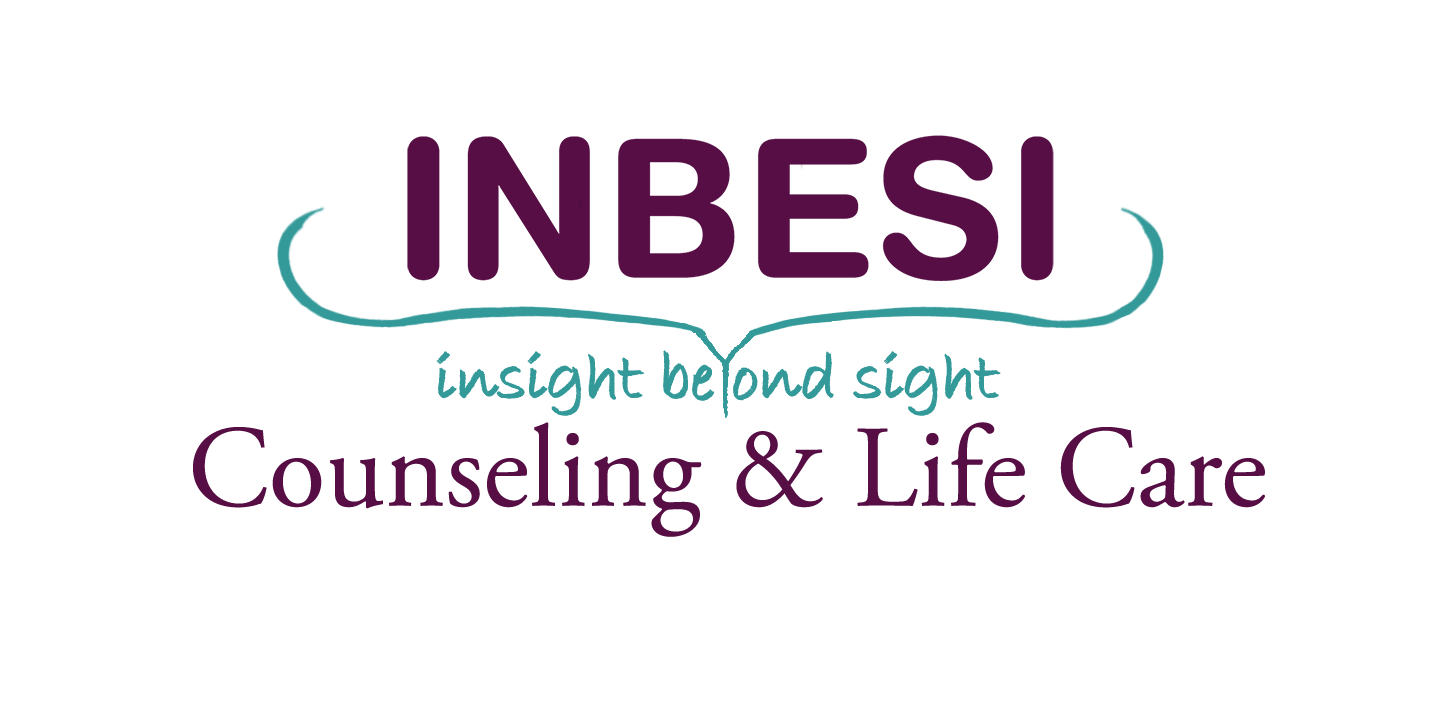The greatest compliment a person can give or receive is, “You have a balanced life.” Webster’s Online Dictionary describes balance as “stability produced by even distribution.” It also refers to balance as “mental and emotional steadiness” as well as “a means of judging and deciding.” Consider your favorite ice cream, the sport you love or the video game you have mastered. All of these are fabulous in moderation. However, if you decide to indulge in too much of any of them it can completely throw your life off balance. Can such a premise be applied to mothering also? During this season, we prepare to celebrate those who either gave us life or those who have shaped it. So let’s look at three categories of mothers:
1. Smother: This individual does everything for her child. Perhaps, she believes that things are sure to be done “right” if she does them herself. Perhaps she thinks it is more efficient this way or that she is being helpful. However, the ‘smother’ unknowingly sends a message: “You are incapable or incompetent.” In other words, “You are not good (smart) enough.” Of course, the result is a child who is robbed of the opportunity to learn how to be responsible or independent. As an adult this child has difficulty making or following through on decisions and frequently questions his/her ability or right to succeed. An unhealthy self-esteem or inferiority complex is often the outcome.
2. Other: This individual seems to believe that it is the responsibility of others to guide her child. She is likely to be uninvolved or sometimes unaware of what the child is doing and with whom. She frequently uses toys or television to keep the child occupied. This parent may not know the names of her child’s friends or their parents. She commonly believes that her child’s academic performance is a direct reflection of the teachers’ competence only, without considering her lack in ensuring that the child completes homework and studies for tests. This unhealthy parenting style often blames the “systems” for her child’s thwarted development.
3. Mother: This individual guides and encourages her child while allowing the child to make decisions as well as process the consequences. She teaches her child to “think past the moment” and to understand that the choices he/she makes today will still affect them tomorrow. She is involved and keeps the lines of communication open with her child, the child’s friends, and the other parents. She stays abreast of academic changes and is willing to work with the school to help her child succeed. This parent supports her child in extracurricular activities. She discusses differing views so that the child is informed about what he/she will face in the real world. This parent leads by example.
The basic truth is that smothering snuffs the life out of a person while the common term for “othering” is neglect. (Interestingly, in the United States, it is illegal to smother or to neglect someone in our care.) On the other hand, mothering discovers a middle ground between guidance and autonomy. It neither makes every decision for the child nor does it leave every decision up to the child. Mothering is the proper balance that lends to good judgment and a healthy long lasting outcome.
Insight: Anything done to the extreme or without balance quickly moves from healthy to unhealthy.
